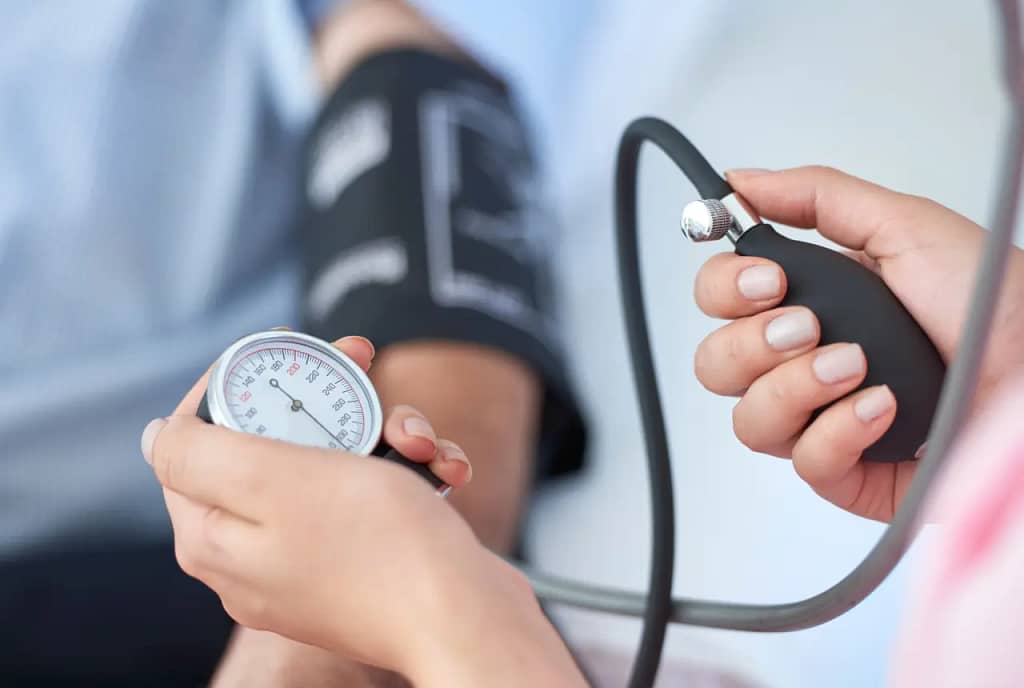In today’s age and time, there are multiple heart attacks reason in a young age, although this is conceived as a health issue for older generations.
This change has occurred due to the significant shift in lifestyle changes in the younger ages as the youth is experiencing increased life-threatening events like heart attacks., it has raised serious concerns.
It is important to understand the heart attack reason in a young age and the steps that are necessary to prevent the issue.
It is possible by taking proactive steps, young adults can significantly reduce their chances of a heart attack. Let us look into the details in this blog –
Heart Attack Reason in Young Age
When there is a blockage in the blood flow to a part of the heart, the sensitive organ starts to malfunction, and as a repercussion – a heart attack occurs.
The heart must receive a constant supply of oxygen-rich blood, for it to keep on functioning properly. The responsibility of delivering the vital supply of oxygen-rich blood is taken by blood vessels called coronary arteries.
Hence, if a coronary artery becomes blocked, which typically happens by a blood clot, it starts to starve the heart muscle of oxygen.
This issue can cause damage or sometimes even death of heart tissue, leading to the characteristic symptoms and potential complications of a heart attack.
Hereditarily, problems like heart attacks have always been associated with older individuals, especially those with a family history of heart disease.
It is assessed that age is a significant risk factor, as the arteries naturally elasticity over time.
A genetic predisposition to conditions like high cholesterol, which can contribute to artery blockage is mostly indicated by family history.
However, there’s a growing concern about the rising number of heart attacks in young adults, often in the absence of these traditional risk factors.
This highlights the importance of understanding the various reasons why young people might experience a heart attack.
Young Adult Heart Attack Symptoms
While chest pain is a common symptom, young adults may experience a heart attack differently than older adults.
Symptoms can include pain in the chest, jaw, neck, arm, or back, along with shortness of breath, nausea, vomiting, and cold sweats.
It’s crucial to call emergency services immediately if you experience any of these symptoms, as prompt medical attention is vital for minimizing heart damage.
5 Lifestyle Risks Triggering Heart Attacks in Young Adults
Although age and family history are contributing factors, numerous young adults who suffer from heart attacks do not exhibit these conventional risk factors.
Heart health is greatly influenced by lifestyle choices, and knowing these important hazards can provide young individuals the ability to take charge.
1. Unhealthy Diet and Lack of Exercise

A diet laden with saturated and trans fats, processed foods, and added sugars contributes to heart disease. These elements can raise LDL (“bad”) cholesterol, leading to plaque buildup in arteries.
Physical inactivity is another major culprit. It promotes weight gain, increases blood pressure, and reduces insulin sensitivity, all factors that put a strain on the heart.
2. Tobacco Use (Including Vaping)

Cigarettes and vaping pose a serious threat to young adults’ cardiovascular health. Smoking damages the inner lining of blood vessels, increasing inflammation and promoting blood clot formation.
It also lowers HDL (“good”) cholesterol, which helps remove LDL cholesterol from the arteries.
While some perceive vaping to be safer, the chemicals and flavorings can still harm blood vessels and increase heart attack risk.
3. Stress and Sleep Deprivation

Chronic stress triggers the release of cortisol, a hormone that can elevate blood pressure and make the heart work harder.
Over time, this constant strain can weaken the heart muscle. Sleep deprivation also plays a role.
When sleep is inadequate, it disrupts hormones and increases inflammation in the body, both of which are risk factors for heart attack.
4. Substance Abuse and Excessive Alcohol Consumption

Illegal drugs like cocaine and stimulants put a significant strain on the heart. They can cause rapid heart rate, irregular heartbeat, and even sudden death.
Excessive alcohol consumption is another concern.
It raises blood pressure, weakens the heart muscle, and disrupts the body’s ability to regulate blood clotting, all of which increase the risk of a heart attack.
5. Underlying Medical Conditions

While less common in young adults, pre-existing conditions like high blood pressure, high cholesterol, and undiagnosed diabetes can significantly increase heart attack risk.
Regular checkups are crucial for identifying these conditions early and managing them effectively through medication and lifestyle changes.
Preventing Heart Attacks in Young Adults
The good news is that many heart attack risk factors in young adults are controllable.
By taking proactive steps towards a healthy lifestyle, young people can significantly reduce their chances of experiencing this life-threatening event.
Diet and Exercise: Focus on a balanced diet rich in fruits, vegetables, whole grains, and lean protein. Limit saturated and trans fats, processed foods, and added sugars. Aim for at least 150 minutes of moderate-intensity exercise or 75 minutes of vigorous-intensity exercise per week.
Tobacco and Substance Abuse: Quitting smoking and vaping is essential. Seek help from a healthcare professional or smoking cessation program if needed. Avoid illegal drugs and limit alcohol consumption to moderate levels (one drink per day for women, two drinks per day for men).
Stress Management: Chronic stress can take a toll on your heart. Develop healthy coping mechanisms like exercise, relaxation techniques (deep breathing, meditation), and spending time in nature. If stress feels overwhelming, consider seeking professional help.
Sleep Hygiene: Prioritize good sleep habits. Aim for 7-8 hours of quality sleep each night. Establish a regular sleep schedule, create a relaxing bedtime routine, and ensure a sleep-conducive environment (dark, quiet, cool).
Regular Checkups: Schedule regular checkups with your doctor to monitor blood pressure, cholesterol, and blood sugar levels. Early detection and management of underlying medical conditions can significantly reduce heart attack risk.
By adopting these healthy habits, young adults can take control of their heart health and live long, healthy lives. Remember, even small changes can make a big difference.
Importance of Early Detection and Risk Assessment
While it is important to lead a healthy lifestyle, it is essential to be aware of this fact.
Young individuals need to know their family’s medical history regarding heart disease as well as any individual risk factors they may possess. Make sure to arrange periodic appointments with your physician.
These medical examinations enable the early identification and treatment of illnesses such as hypertension, hyperlipidemia, and diabetes, thereby substantially diminishing the likelihood of experiencing a myocardial infarction.
Feel free to address any apprehensions or worries you may have with your physician. Engaging in proactive healthcare measures is the most effective way to protect yourself against heart disease.
Your Heart, Your Future: Invest in Prevention
Heart attacks in young adults are a growing concern, but the good news is that many risk factors are controllable.
An unhealthy diet, lack of exercise, tobacco use, stress, sleep deprivation, and underlying medical conditions can all contribute to a heart attack.
By adopting a healthy lifestyle that includes a balanced diet, regular exercise, stress management techniques, and good sleep habits, young adults can significantly reduce their risk.
Don’t wait until it’s too late. Take charge of your heart health today and live a long, healthy life.

